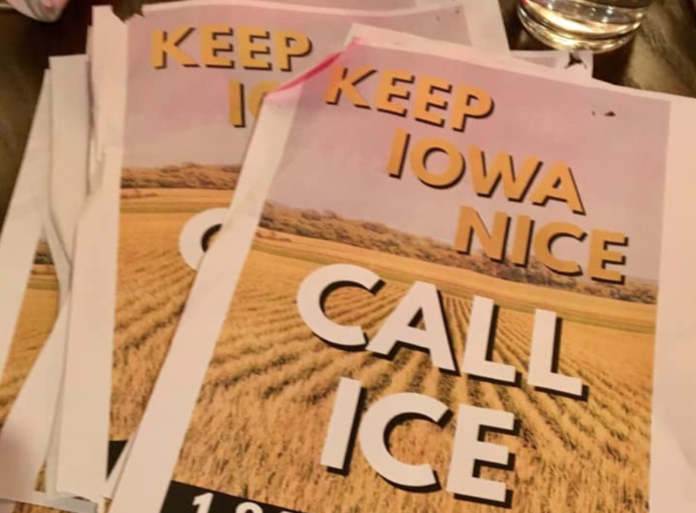I’m Midwestern, so I grew up learning that “agreeing to disagree” was the best way to end an argument. As I’ve gotten older, that philosophy and its application as a blanket resolution have become less appealing.
My stance on “agreeing to disagree” is a two-part timeline: before Donald Trump’s presidential campaign, and after it. Before Trump, agreeing to disagree was used for things like who the best NBA team was (Warriors) or the best TV show (Friday Night Lights). We could banter back and forth and ultimately decide it was best to agree to disagree and continue to ride for our respective faves. There are no consequences to me championing the Warriors and my partner being a Lakers fan other than the occasional screams when they play each other.
After Trump, agreeing to disagree became about freedom to travel and migrate, access to education and healthcare, living wages, women’s rights, climate change, xenophobia, racism, sexism, classism…you get the point.
This shit has actual consequences. We’re not talking about which restaurant serves the best wings. We’re talking about human rights, life and death, and generational impacts. What I learned after Trump was that a lot of people in my life did not see me as a whole person. My identity became fragmented and fractured to make them feel comfortable telling me Trump is a good president.
I should back up.
I’m biracial: Black and White. I grew up in a town of virtually all White people. How I felt my whole life was simply different. I was very aware that my hair, skin color, and body shape looked like no one else’s. There was no avoiding “KKK!” chants on the bus in elementary school, kids and their parents lobbing “n*gger” at my brother and I during sporting events, or being gawked at so hard a woman literally missed her mouth with her fork trying to make sense of me at a local restaurant.
Despite all this, I have had more people tell me, “I don’t see you as a person of color,” after Trump than I have my entire life. My mom referred to me as a “tan White girl” while begging me not to vote for Hillary. Classmates have questioned my career and research choices saying it never seemed that important to me before. Of course the “before” they’re referring to is the pre-Trump version of my life. The agreeable version. The comfortably ambiguous “tan White girl” who didn’t remind them of her Blackness. The less political version. The Midwestern-approved passive-aggressive version.
Now instead of agreeing to disagree, I get this:
I love you, but we don’t have to agree.
The problem with that phrase is it essentially tells me your love is violent. Your love is fractured, fragmented. Your love is for the White part of me that you choose to see, not for the Black part of me now conveniently forgotten. Supporting someone whose words and actions have consistently demonstrated a belief that my life has less value is personal, violent, and absolutely not love.
I was belittled by an old family friend on Facebook recently who suggested I should be grateful for Trump and all he has done for me and my generation. My instinct was to provide a full-blown research report in the comments—sources lined up, numbers more convincing than lived experience, everything to convince this person that there was not one thing I needed to thank Donald Trump for.
And then I got hit with the line.
I’m exhausted from having to defend my racial identity all the time. I am mortified by the number of times I’ve had to simply defend my rights as a human being. I can’t engage in anymore of these debates. I can’t give so much of myself to people who are not willing to listen or be accountable. And I will no longer participate in agreeing to disagree about consequential things like #ReopenAmerica.
We can love each other and not agree. But we better be damn sure we’re clear on what it means to love someone first.
